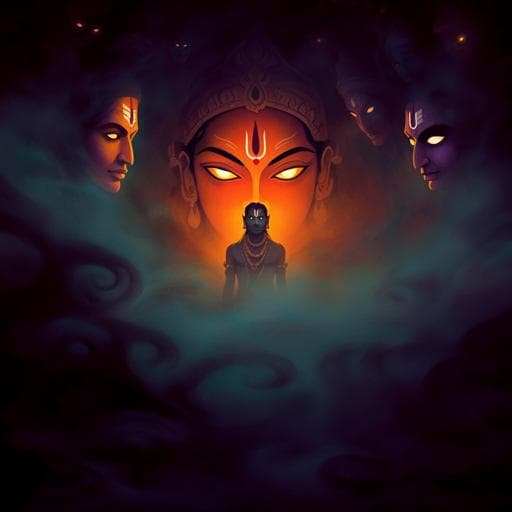
Humanities
Monsters in the dark: the discovery of Thuggee and demographic knowledge in colonial India
S. Bhattacharya
Explore the enthralling tale of the Thugs in colonial India as Sagnik Bhattacharya dissects the monstrous representations created through colonial narratives. This research unveils the gaps in knowledge that led to the demonization of Thuggee and what that reveals about the British administrative mindset. Dive into this riveting exploration of history!
~3 min • Beginner • English
Related Publications
Explore these studies to deepen your understanding of the subject.







